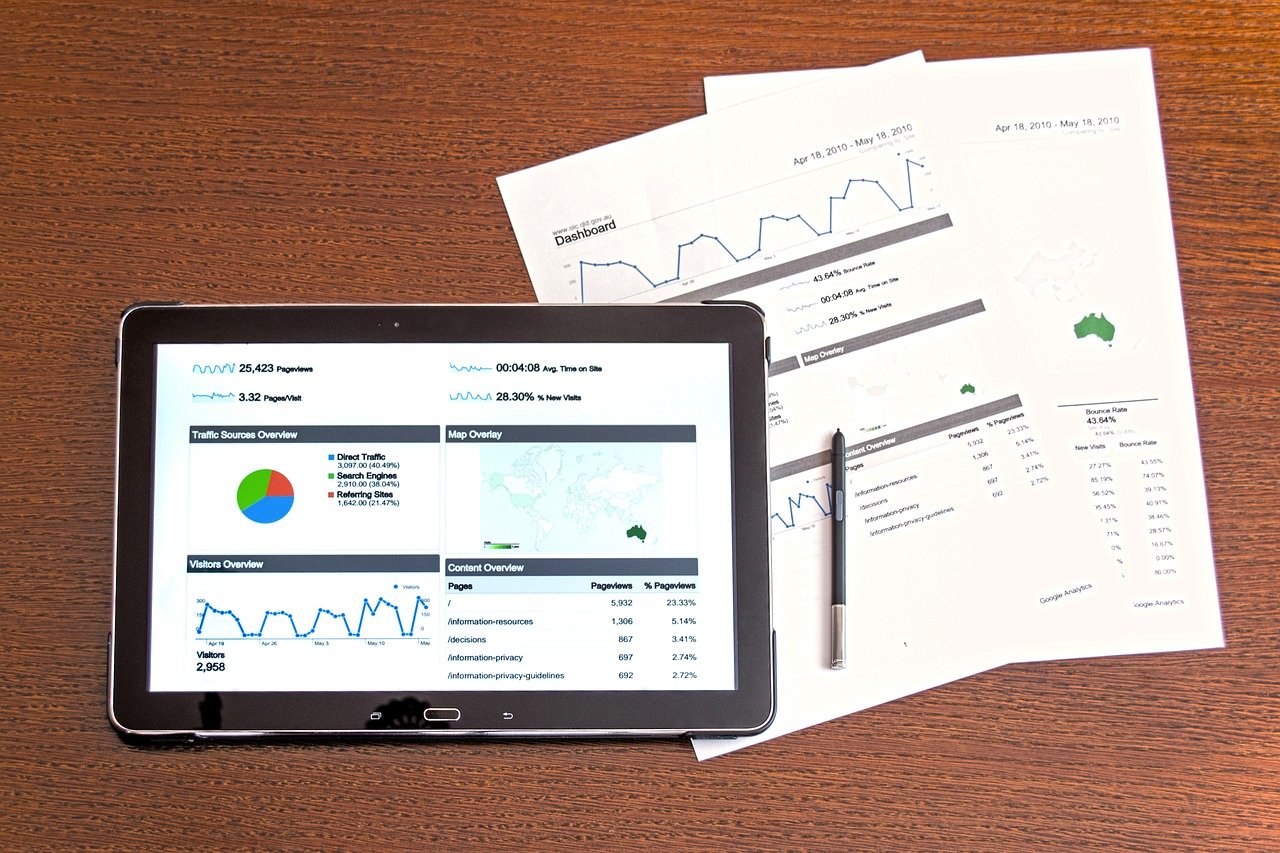
Companies all over the world are learning that one of the best ways to future-proof their organisations is by harnessing the power of data. According to a recent survey from McKinsey, today’s leaders understand that data isn’t just part of business, it is business. But there’s a big difference between simply collecting data and using it properly, so how do you ensure you’ve got all the information you need to succeed without getting bogged down in statistics?
For most companies, data collection is about three things:
- Informing and improving decision making
- Refining operations
- Creating new revenue streams
Informing and Improving Decision Making
A recent study by Bain & Company, which looked at over 400 organisations, found that those who used advanced data analytics made decisions five times quicker than their peers. Data helps us understand the way our customers think and provides deep insights into which processes are working, as well as those that would benefit from a different approach.
Refining Operations
Today’s data sources allow organisations to refine everyday operations and processes and work more efficiently. From customer feedback to production line reports, we now have a host of information at our fingertips to help us be bigger and better than ever.
A good example of this is the use of GPS software in delivery vehicles – companies like Amazon have used this new technology to their full advantage, giving customers and managers alike regular updates on deliveries. They’ve also used data in all sorts of ways to influence customer decisions, like the recently introduced Personal Recommendation system that prompts consumers on the products they might need, before they even know it themselves.
Creating New Revenue Streams
The more in-depth and interesting your data, the more attractive a business asset it becomes. So much so that companies are now being bought based on how much data they collect, like in the case of IBM’s takeover of The Weather Company. Originally founded as the Weather Channel in 1982, the company invested in technology that allowed it to offer an impressive line of digital products. They changed their name to the Weather Company in 2012 and a number of eagle-eyed investors noticed the wealth of information they had collected about weather patterns. IBM soon snapped them up and has since been able to position itself as one of the leading suppliers of weather information in the world. Even if you don’t want your company to be acquired by one of the big fish, your data will still be valuable to someone.
However far along you are in your journey, you’ll need a robust data strategy in place. Before you go on a mission to collect all those facts and figures , it’s important to know what you want to do with it. That means starting with a robust data strategy that clearly identifies what you’re trying to achieve and how you plan to do it.
The amount of data that exists around the globe is growing rapidly – 90% of it has only become available over the past couple of years. As that data continues to increase, managing it properly has become essential, which is why all businesses need a data strategy.
- Like all business planning activities, your company data strategy should be SMART and flexible, allowing you to scale up and down according to need.
- Without a data strategy in place, different departments and team members find themselves having to make decisions about information and solve data decisions on their own. This adds up to confusion and a lot of wasted time and money, so it’s important to develop clear guidelines in order to keep costs low and operations running smoothly.
- Define how your data will help you meet business goals.
- Identify how you will complete data collection activities in line with those goals.
- Outline any changes you need to make within your organisation to make the most of your data.
- Establish a timeline for all your data collection activities and milestones.
- Describe your short-, mid- and long-term data collection strategies.
- Discuss how these activities can be financially justified.
- Identify what software you intend to use and how your insights can be monetised.
- Include information about how your data will be stored and kept safe.
Data Security should be your number one priority when it comes to collecting any kind of information. Since the introduction of the GDPR and the ever-increasing risk of hacking, it’s never been more important to make sure your data is safe. Here are some important things to consider for your new data strategy:
- Always make sure your data is regularly backed up
- Ensure all your staff are well trained in cyber security and clear about access and data sharing
- Use Cloud computing systems to keep your information remotely
- Invest in some reliable Antivirus software and install it on all devices that access your systems
- Always keep your data protected with a robust cyber security strategy
We are here to help you keep your data safe. Contact us today to find out more about our cyber security products and services, including data strategy implementation and staff training.
Endpoint & DNS Protection Together
To secure businesses, you need endpoint protection that’s stronger and smarter than traditional business antivirus and secure your DNS connection against cyberattacks, get total visibility into web usage, and enforce acceptable web usage policies to reduce security risk.


